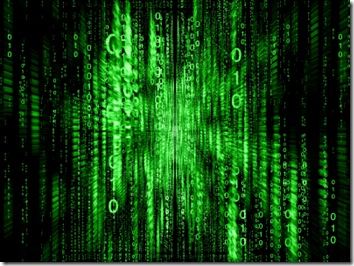
Four practising Supreme Court advocates are set to challenge the Delhi high court’s dismissal last week of their public interest litigation (PIL) challenging the Information Technology Act (IT Act) and Rules (Intermediaries Guidelines) and the government’s August order blocking hundreds of webpages, under the constitutional guarantee of freedom of speech and expression.
Advocates Priyanka Das, Rashi Bansal, Anju Agarwal and Ashmi Mohan through advocates Aritra Das and Dheeraj Gupta had challenged the IT Act, the IT Amendment Act, the Intermediaries Guidelines, the Information Technology (Procedure and Safeguards for Blocking for Access of Information by Public) Rules 2009 and the notifications dated 18, 19, 20 and 21 August 2012 by the department of telecommunications (DoT) blocking over 300 webpages.
The Economic Times and other media had wrongly reported last week, as re-reported by Legally India, that the petitioners were law students.
The petitioners had asked for the court to strike down the law under challenge, to unblock the blocked webpages, and to frame guidelines for future banning of content.
Through the guidelines they essentially asked the court to provide for pre and post censorship notification to the owners of blocked content, to develop ways to ensure that only infringing pages and not entire websites are blocked, and to take away censoring powers from intermediaries and give them to a government appointed body such as the Computer Emergence Response Team instead.
“Despite arguments on locus and corresponding article 19 rights of internet users the court was not inclined to treat the issue as a Public Interest Litigation, in the absence of immediately effected people. However, no observation was made on the merits of the matter,” said Bansal – one of the four petitioners – adding, “We are contemplating an appeal against this order, restricted to the issue of locus.”
The petitioners declined to share a copy of the petition and a copy of the order was unavailable at the time of going to press.
The DoT had blocked around 308 webpages, mostly on Twitter, Facebook and YouTube, between 18 and 21 August, stating no reasons in its notifications ordering the block but later citing communal unrest and violence in Assam as the reason for its action.